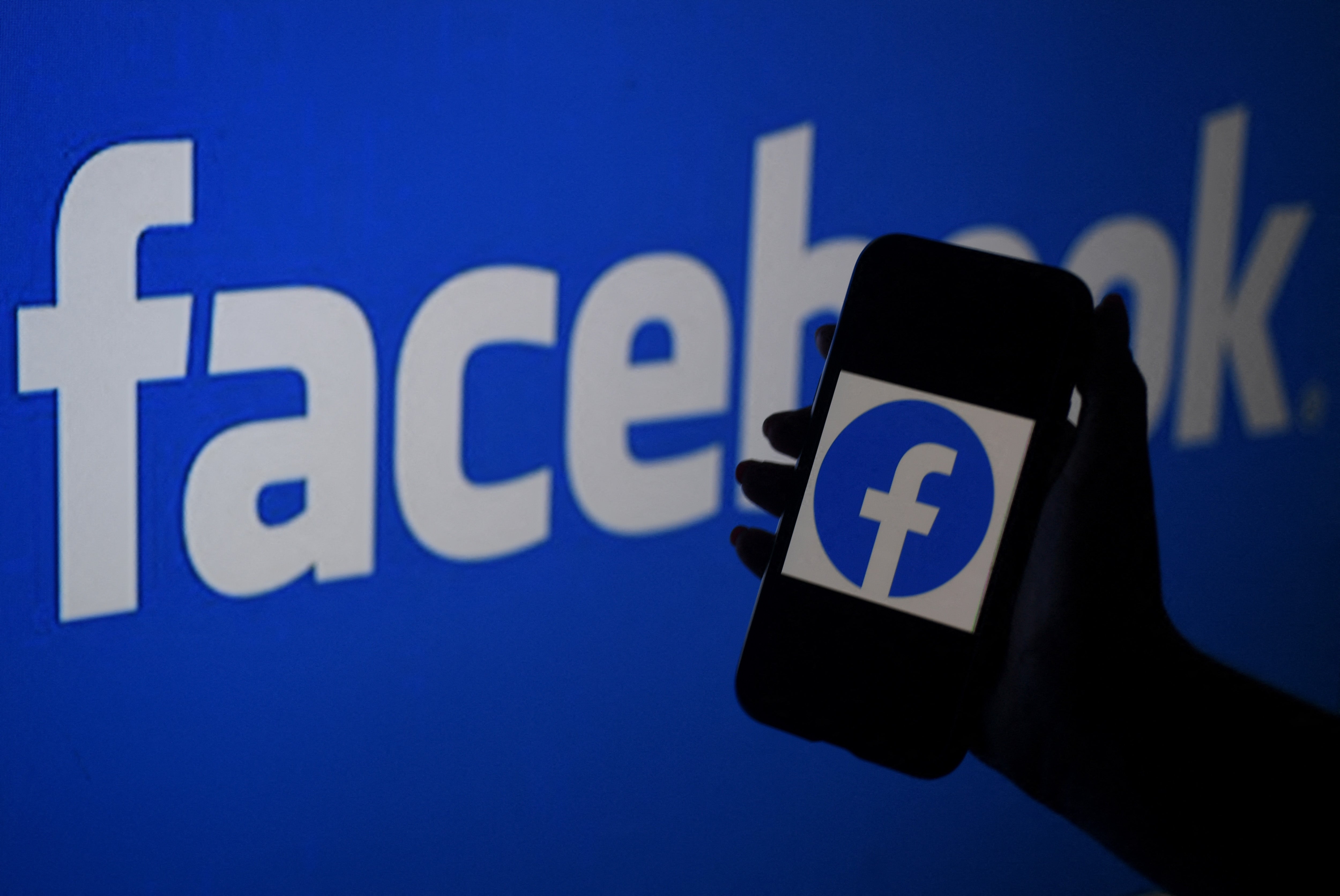Efforts to rein in Big Tech suffer setback as court throws out Facebook antitrust suits
The lawsuits sought to break up Facebook’s monopoly in the social networking sector

Your support helps us to tell the story
From reproductive rights to climate change to Big Tech, The Independent is on the ground when the story is developing. Whether it's investigating the financials of Elon Musk's pro-Trump PAC or producing our latest documentary, 'The A Word', which shines a light on the American women fighting for reproductive rights, we know how important it is to parse out the facts from the messaging.
At such a critical moment in US history, we need reporters on the ground. Your donation allows us to keep sending journalists to speak to both sides of the story.
The Independent is trusted by Americans across the entire political spectrum. And unlike many other quality news outlets, we choose not to lock Americans out of our reporting and analysis with paywalls. We believe quality journalism should be available to everyone, paid for by those who can afford it.
Your support makes all the difference.A federal court has dismissed antitrust suits launched by the Federal Trade Commission (FTC) and state attorneys general, delivering a fresh blow to efforts to rein in Big Tech.
On Monday, US District Judge James Boasberg in Washington DC, threw out the FTC’s case, asserting that prosecutors failed to provide a good enough explanation for how they came to the conclusion that Facebook controls more than 60 per cent of the social networking market.
The judge wrote that social networking “services are free to use, and the exact metes and bounds of what even constitutes a [social networking] – i.e., which features of a company’s mobile app or website are included in that definition and which are excluded — are hardly crystal clear” in his decision, as Politico first reported.
“The FTC’s inability to offer any indication of the metric(s) or method(s) it used to calculate Facebook’s market share renders its vague ‘60%-plus’ assertion too speculative and conclusory to go forward,” he said.
Meanwhile, in a separate decision, Mr Boasberg said state attorneys general had taken too long to take action against Facebook over the company’s 2012 purchase of Instagram and 2014 WhatsApp acquisition.
“In the internet age, not surprisingly, Facebook finds itself in the spotlight, as both federal and state regulators contend, in two separate actions before this Court, that it is now the one violating the antitrust laws,” Mr Boasberg wrote.
“The company, they allege, has long had a monopoly in the market for what they call ‘Personal Social Networking Services’,” said.
“Ultimately,” Mr Boasberg said, “this antitrust action is premised on public, high-profile conduct nearly all of which occurred over six years ago — before the launch of the Apple Watch or Alexa or Periscope, when Kevin Durant still played for the Oklahoma City Thunder, and when Ebola was the virus dominating headlines,” the judge wrote.
“The Complaint’s allegations themselves make clear that the States could easily have brought suit then, just as they make clear that any equitable relief this Court could or would order now would greatly prejudice both Facebook and third parties,” he said.
Mr Boasberg asserted that the system of antitrust enforcement established by Congress does not exempt plaintiffs from “’the consequences of [their] choice’ to do nothing over the last half decade”.
“The Court accordingly finds that, as a matter of law, their challenges to Facebook’s acquisitions — whether they are targeted independently or as part of a larger scheme of anticompetitive behavior — are barred by the doctrine of laches or otherwise furnish no basis for the injunctive relief sought,” he said.
In a statement shared with The Independent, a spokesperson for Facebook said: “We are pleased that today’s decisions recognize the defects in the government complaints filed against Facebook.”
“We compete fairly every day to earn people’s time and attention and will continue to deliver great products for the people and businesses that use our services,” they said.
The effort to end Facebook’s apparent monopoly in the social networking sector may not be over yet, however, with both state and federal prosecutors able to file new antitrust complaints addressing Mr Boasberg’s concerns within 30 days.
The Independent has contacted the FTC for comment.
Join our commenting forum
Join thought-provoking conversations, follow other Independent readers and see their replies
Comments